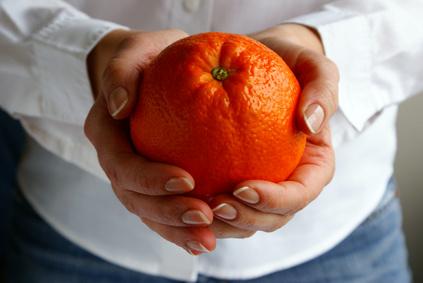Stress and environmental toxins wreak havoc on your body by causing internal systems to slowly deteriorate. The result is that you feel sick and sluggish, and you increase your risk of disease. According to Peter Bennett, M.D., medical director of Helios Clinic in Victoria, B.C., eating foods that help detoxify your body will rid it of excess toxins while nourishing it from the inside out.
Function
Detoxing gives body organs a chance to rest and rejuvenate at the cellular level. Fasting and eating only healthy foods according to the detox diet plan you’ve chosen encourages the liver, kidneys, intestines and skin to eliminate excess waste by way of the blood, urine, fecal matter and sweat. Detoxing your body also helps promote blood circulation.
Types of Foods
One of the most important parts of detoxing your body is choosing foods that promote elimination while providing your body the nourishment it needs. Bennett suggests following a two-day, liquid-only diet followed by five days of healthy eating. Eliminate foods that slow the body down such as coffee, alcohol, meat, refined sugars and saturated fats. Eat fiber-rich foods in the form of fresh, brightly-colored, organic fruits and vegetables to promote optimal digestive health. Brown rice, beets, broccoli and cabbage are especially beneficial. Drink at least 10 cups of water each day to flush the kidneys of toxins. If you don’t like the taste of plain water, flavor it with lemon. Herbal green teas and teas that contain dandelion root or milk thistle also help speed up toxin elimination.
Time Frame
For otherwise healthy people, Bennett advises following an annual detoxing program that lasts five to seven days. However, you should make healthy eating a daily goal to reduce the accumulation of toxic buildup.
Benefits
Drinking plenty of water and eating foods that help detox your body will cause you to feel more alert and can improve problematic skin conditions such as acne. More importantly, detoxing your body with healthy foods may prevent high blood pressure and cholesterol and ward off diabetes and heart disease. It can also improve digestive function and help resolve kidney and liver problems.
Considerations
Because detoxing your body often means days of fasting and liquids-only, health care providers do not recommend it as a long-term diet plan. Instead, you should consider it a stepping stone to a healthier way of eating. As your body releases toxins into your bloodstream, you might see a temporary increase in adverse side effects such as headaches, diarrhea, constipation, lack of energy and irritability. Before starting any detox diet plan, consult your health care provider. People who should not take part in a detox program include children, nursing mothers, those with chronic or degenerative diseases and cancer or tuberculosis patients.
Photo Credit
- orange on hands image by Wojciech Gajda from Fotolia.com





